Home / world / Donald Trump Introduces Comprehensive Reforms on His First Day in Office: A Departure from Biden's Policies
Donald Trump Introduces Comprehensive Reforms on His First Day in Office: A Departure from Biden's Policies
By: My India Times
6 minutes read 137Updated At: 2025-01-21
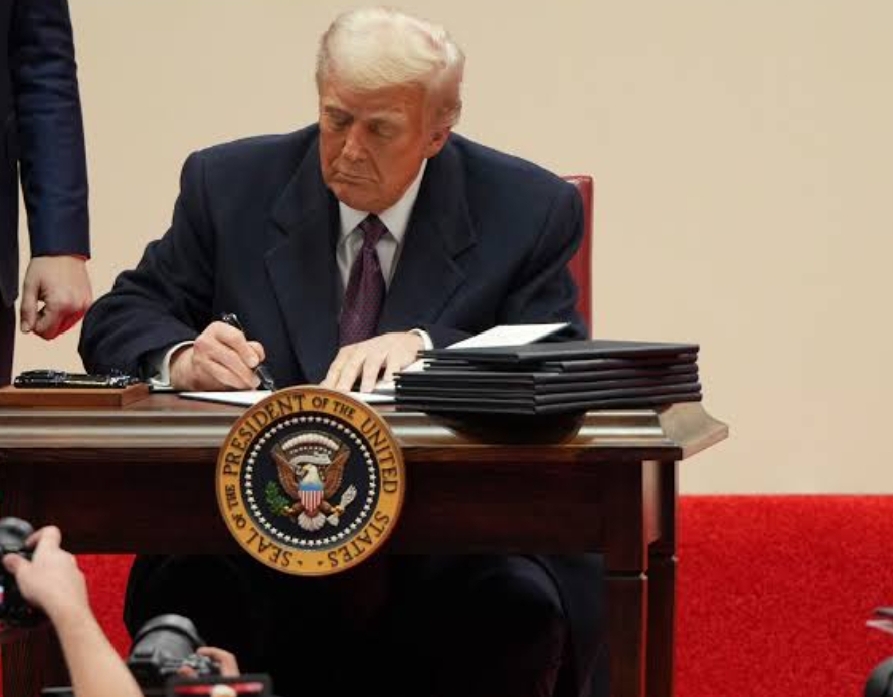
On January 20, 2025, Donald Trump was inaugurated as the 47th President of the United States. Recognized for his assertive, often contentious decisions, Trump promptly set out to implement his agenda. Within just six hours of his inauguration, he signed 78 executive orders, reversing several pivotal policies instituted by President Joe Biden. These actions encompass immigration, foreign relations, climate change, and economic reforms, establishing a foundation for a significantly altered U.S. agenda under Trump's presidency. Below is a comprehensive overview of the major changes announced on his first day.
1. Termination of Birthright Citizenship for Children of Undocumented Immigrants
One of Trump's initial actions was a broad executive order aimed at terminating birthright citizenship for children born to parents residing unlawfully or on temporary visas in the U.S. Under existing legislation, which has been in place for 150 years, children born in the U.S. are automatically granted citizenship. Trump criticized this framework for facilitating "birth tourism," where foreign nationals travel to the U.S. to give birth and secure citizenship for their offspring. His directive provides parents with a 30-day window to explore alternate citizenship pathways for their children.
2. Grants of Clemency for Capitol Protesters
Trump issued an executive order granting clemency to approximately 1,600 of his supporters who were arrested during the January 6, 2021 Capitol riot. The clemency extended to individuals facing severe charges, including treason and conspiracy. Trump justified this decision by arguing that these individuals were patriots wrongfully subjected to the judicial system. This action is perceived as solidifying his allegiance to his political supporters.
3. A Revised Stance on Unauthorized Immigration
In contrast to Biden's more relaxed approach, Trump declared an executive order to cease the release of unauthorized immigrants at the southern border. His policy directly addresses illegal immigration, particularly targeting individuals with criminal histories. Trump contended that admitting such immigrants into the U.S. represents a considerable threat to national security and that his administration would enforce stricter border control measures.
4. Declaration of National Emergency at the U.S.-Mexico Border
In line with his stringent immigration policy, Trump declared a national emergency along the U.S.-Mexico border. This action aims to bolster border security by obstructing illegal crossings and deporting criminals back to their countries.
5. TikTok Ban Freeze Extended for 75 Days
Trump temporarily froze Biden’s decision to impose a nationwide ban on the Chinese-owned social media platform TikTok. The freeze lasts for 75 days, during which time the administration will review its stance on the app. This decision is significant given Trump’s previous use of TikTok during his election campaigns and his consideration of the app’s appeal among younger voters.
6. Government to Recognize Only Two Genders
In another controversial move, Trump signed an executive order mandating that the U.S. government recognize only two genders—male and female—in all official documents. This directive rolls back Biden-era policies that allowed for more flexibility in gender identification. The decision has been met with criticism from LGBTQ+ advocates but is consistent with Trump’s conservative social policies.
7. Threat to Reclaim Panama Canal
Trump issued a statement expressing his intent to reclaim control of the Panama Canal, which the U.S. handed over to Panama in 1999. His reasoning is rooted in concerns over China's growing influence in the region. Trump argued that the canal should never have been ceded to Panama, especially with China now controlling its operations, a situation he views as detrimental to U.S. interests, particularly military and economic ones.
8. Renaming the Gulf of Mexico to ‘Gulf of America’
In another bold move, Trump ordered the renaming of the Gulf of Mexico to the "Gulf of America." The decision stems from Trump's belief that the U.S. has the most significant presence in the region and that the name should reflect America’s influence and activity in the area.
9. U.S. Withdrawal from the World Health Organization (WHO)
Trump reaffirmed his earlier decision to withdraw the U.S. from the World Health Organization, a move that was initiated during his first term and reversed by Biden. Trump has long criticized WHO for its handling of the COVID-19 pandemic and its perceived bias toward China. He argued that the U.S. was contributing disproportionately to WHO’s funding, without seeing a corresponding return in benefits.
10. Pulling the U.S. from the Paris Climate Agreement
Trump also announced that the U.S. would once again exit the Paris Climate Agreement, a move he first made in 2017. He criticized the agreement for favoring developing countries, like China and India, and placing undue burdens on U.S. industries. Trump has long rejected climate change as a significant threat and prefers policies that prioritize U.S. energy independence and industrial growth.
11. Imposing Tariffs on Canada and Mexico
Trump unveiled a plan to impose a 25% tariff on goods imported from Canada and Mexico starting February 1, 2025. The decision comes as part of his broader strategy to reduce the trade deficit with these neighboring countries. Trump has often criticized trade deals that he believes disadvantage American workers, and this tariff is intended to boost U.S. manufacturing.
12. Ending the Green New Deal and EV Mandates
In another blow to environmental activists, Trump confirmed that his administration would eliminate the Green New Deal, which promotes clean energy initiatives, and scrap federal mandates requiring the production of electric vehicles. These actions reflect Trump’s long-standing position against overregulation of industries and his preference for policies that bolster fossil fuel production and traditional automobile manufacturing.
13. A Mission to Mars: The Next Frontier
Trump excited the space community by announcing plans to send astronauts to Mars, with the goal of planting the U.S. flag on the Red Planet. In collaboration with SpaceX and its CEO Elon Musk, Trump set a target for a manned mission to Mars, marking a new chapter in U.S. space exploration. The initiative reflects Trump’s commitment to maintaining American leadership in space and technological innovation.
14. Reinstating the Alien Enemy Act of 1798
Trump pledged to activate the Alien Enemy Act of 1798, a law that grants the U.S. government the power to detain foreign nationals deemed a threat to national security. Trump stated that the law would be used to target criminal foreign gangs operating within the U.S., reinforcing his administration’s commitment to national security and law enforcement.
15. Cuba Re-designated as a State Sponsor of Terrorism
Trump reversed Biden’s decision to remove Cuba from the U.S. list of state sponsors of terrorism, citing the 2016 mysterious attacks on U.S. diplomats in Havana. Trump’s administration had previously accused Cuba of being responsible for the attacks, which left several diplomats with unexplained health issues.
....
On January 20, 2025, Donald Trump was inaugurated as the 47th President of the United States. Recognized for his assertive, often contentious decisions, Trump promptly set out to implement his agenda. Within just six hours of his inauguration, he signed 78 executive orders, reversing several pivotal policies instituted by President Joe Biden. These actions encompass immigration, foreign relations, climate change, and economic reforms, establishing a foundation for a significantly altered U.S. agenda under Trump's presidency. Below is a comprehensive overview of the major changes announced on his first day.
1. Termination of Birthright Citizenship for Children of Undocumented Immigrants
One of Trump's initial actions was a broad executive order aimed at terminating birthright citizenship for children born to parents residing unlawfully or on temporary visas in the U.S. Under existing legislation, which has been in place for 150 years, children born in the U.S. are automatically granted citizenship. Trump criticized this framework for facilitating "birth tourism," where foreign nationals travel to the U.S. to give birth and secure citizenship for their offspring. His directive provides parents with a 30-day window to explore alternate citizenship pathways for their children.
2. Grants of Clemency for Capitol Protesters
Trump issued an executive order granting clemency to approximately 1,600 of his supporters who were arrested during the January 6, 2021 Capitol riot. The clemency extended to individuals facing severe charges, including treason and conspiracy. Trump justified this decision by arguing that these individuals were patriots wrongfully subjected to the judicial system. This action is perceived as solidifying his allegiance to his political supporters.
3. A Revised Stance on Unauthorized Immigration
In contrast to Biden's more relaxed approach, Trump declared an executive order to cease the release of unauthorized immigrants at the southern border. His policy directly addresses illegal immigration, particularly targeting individuals with criminal histories. Trump contended that admitting such immigrants into the U.S. represents a considerable threat to national security and that his administration would enforce stricter border control measures.
4. Declaration of National Emergency at the U.S.-Mexico Border
In line with his stringent immigration policy, Trump declared a national emergency along the U.S.-Mexico border. This action aims to bolster border security by obstructing illegal crossings and deporting criminals back to their countries.
5. TikTok Ban Freeze Extended for 75 Days
Trump temporarily froze Biden’s decision to impose a nationwide ban on the Chinese-owned social media platform TikTok. The freeze lasts for 75 days, during which time the administration will review its stance on the app. This decision is significant given Trump’s previous use of TikTok during his election campaigns and his consideration of the app’s appeal among younger voters.
6. Government to Recognize Only Two Genders
In another controversial move, Trump signed an executive order mandating that the U.S. government recognize only two genders—male and female—in all official documents. This directive rolls back Biden-era policies that allowed for more flexibility in gender identification. The decision has been met with criticism from LGBTQ+ advocates but is consistent with Trump’s conservative social policies.
7. Threat to Reclaim Panama Canal
Trump issued a statement expressing his intent to reclaim control of the Panama Canal, which the U.S. handed over to Panama in 1999. His reasoning is rooted in concerns over China's growing influence in the region. Trump argued that the canal should never have been ceded to Panama, especially with China now controlling its operations, a situation he views as detrimental to U.S. interests, particularly military and economic ones.
8. Renaming the Gulf of Mexico to ‘Gulf of America’
In another bold move, Trump ordered the renaming of the Gulf of Mexico to the "Gulf of America." The decision stems from Trump's belief that the U.S. has the most significant presence in the region and that the name should reflect America’s influence and activity in the area.
9. U.S. Withdrawal from the World Health Organization (WHO)
Trump reaffirmed his earlier decision to withdraw the U.S. from the World Health Organization, a move that was initiated during his first term and reversed by Biden. Trump has long criticized WHO for its handling of the COVID-19 pandemic and its perceived bias toward China. He argued that the U.S. was contributing disproportionately to WHO’s funding, without seeing a corresponding return in benefits.
10. Pulling the U.S. from the Paris Climate Agreement
Trump also announced that the U.S. would once again exit the Paris Climate Agreement, a move he first made in 2017. He criticized the agreement for favoring developing countries, like China and India, and placing undue burdens on U.S. industries. Trump has long rejected climate change as a significant threat and prefers policies that prioritize U.S. energy independence and industrial growth.
11. Imposing Tariffs on Canada and Mexico
Trump unveiled a plan to impose a 25% tariff on goods imported from Canada and Mexico starting February 1, 2025. The decision comes as part of his broader strategy to reduce the trade deficit with these neighboring countries. Trump has often criticized trade deals that he believes disadvantage American workers, and this tariff is intended to boost U.S. manufacturing.
12. Ending the Green New Deal and EV Mandates
In another blow to environmental activists, Trump confirmed that his administration would eliminate the Green New Deal, which promotes clean energy initiatives, and scrap federal mandates requiring the production of electric vehicles. These actions reflect Trump’s long-standing position against overregulation of industries and his preference for policies that bolster fossil fuel production and traditional automobile manufacturing.
13. A Mission to Mars: The Next Frontier
Trump excited the space community by announcing plans to send astronauts to Mars, with the goal of planting the U.S. flag on the Red Planet. In collaboration with SpaceX and its CEO Elon Musk, Trump set a target for a manned mission to Mars, marking a new chapter in U.S. space exploration. The initiative reflects Trump’s commitment to maintaining American leadership in space and technological innovation.
14. Reinstating the Alien Enemy Act of 1798
Trump pledged to activate the Alien Enemy Act of 1798, a law that grants the U.S. government the power to detain foreign nationals deemed a threat to national security. Trump stated that the law would be used to target criminal foreign gangs operating within the U.S., reinforcing his administration’s commitment to national security and law enforcement.
15. Cuba Re-designated as a State Sponsor of Terrorism
Trump reversed Biden’s decision to remove Cuba from the U.S. list of state sponsors of terrorism, citing the 2016 mysterious attacks on U.S. diplomats in Havana. Trump’s administration had previously accused Cuba of being responsible for the attacks, which left several diplomats with unexplained health issues.
By: My India Times
Updated At: 2025-01-21
Tags: world News | My India Times News | Trending News | Travel News
Join our WhatsApp Channel








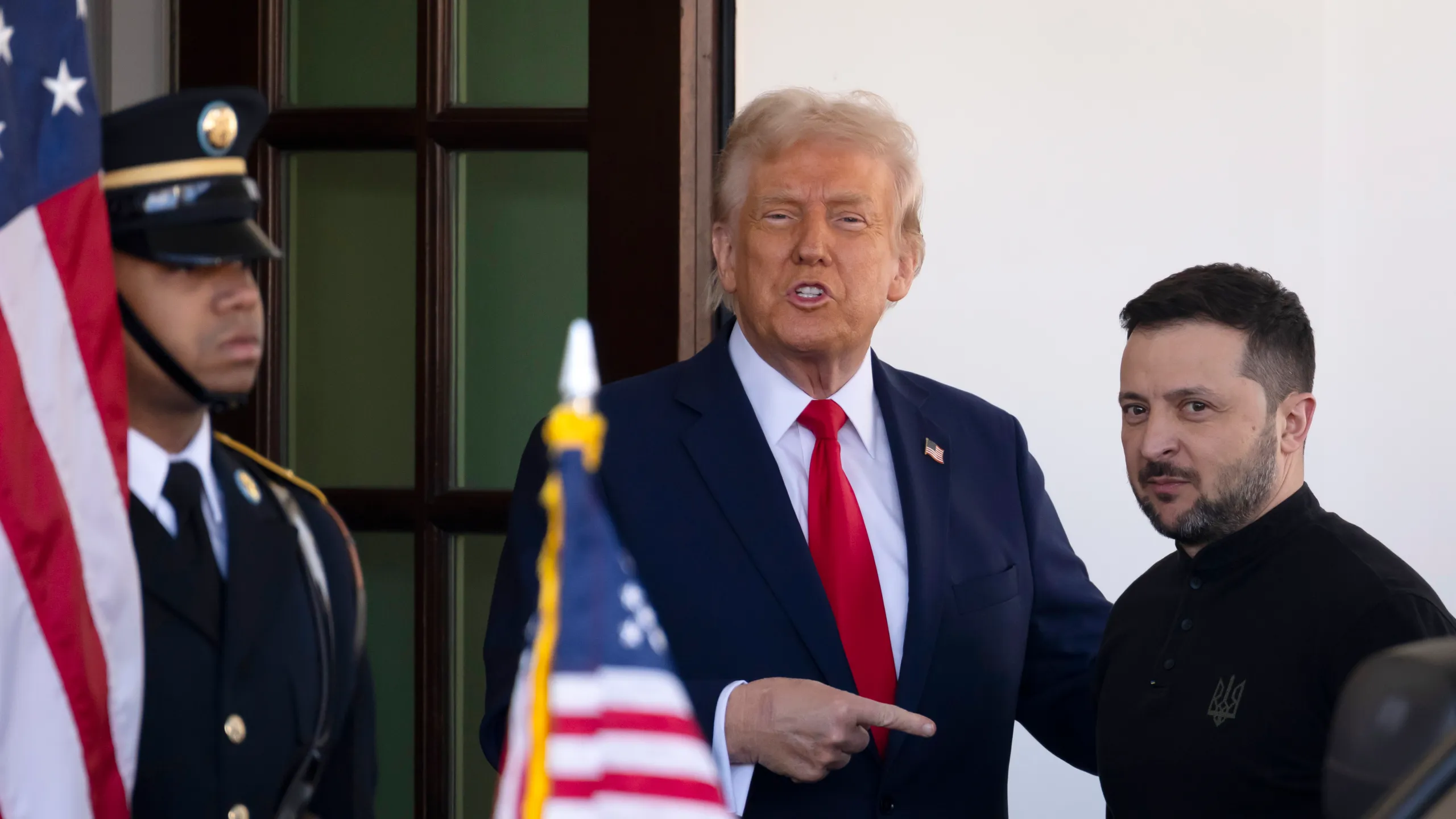
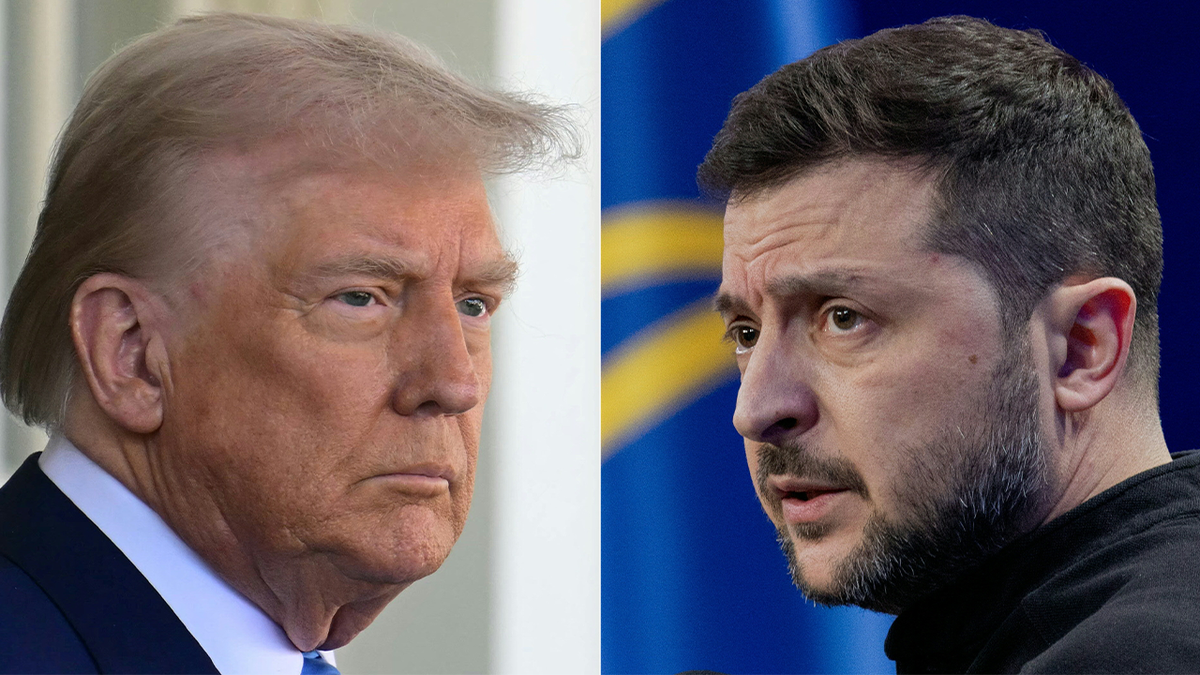
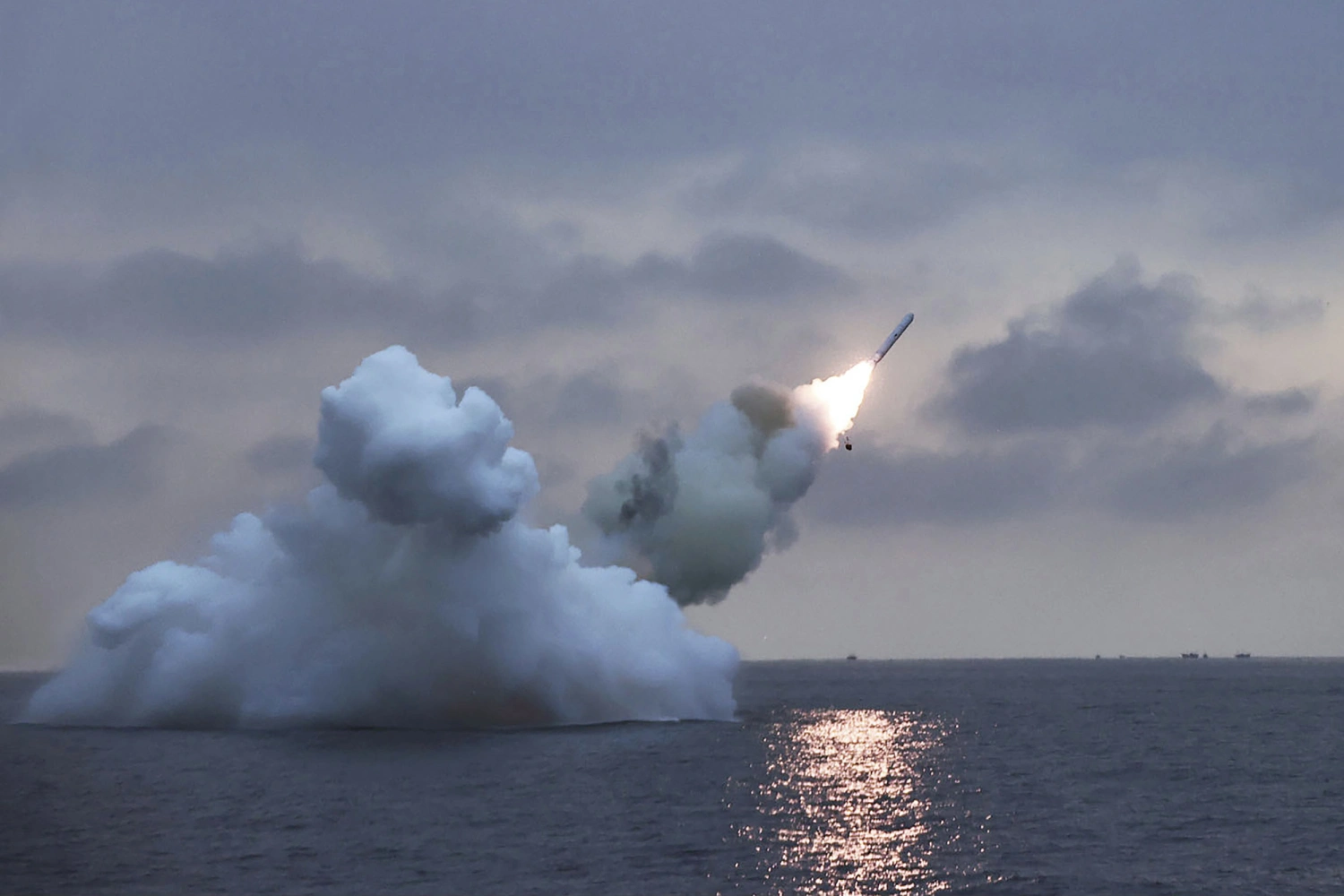
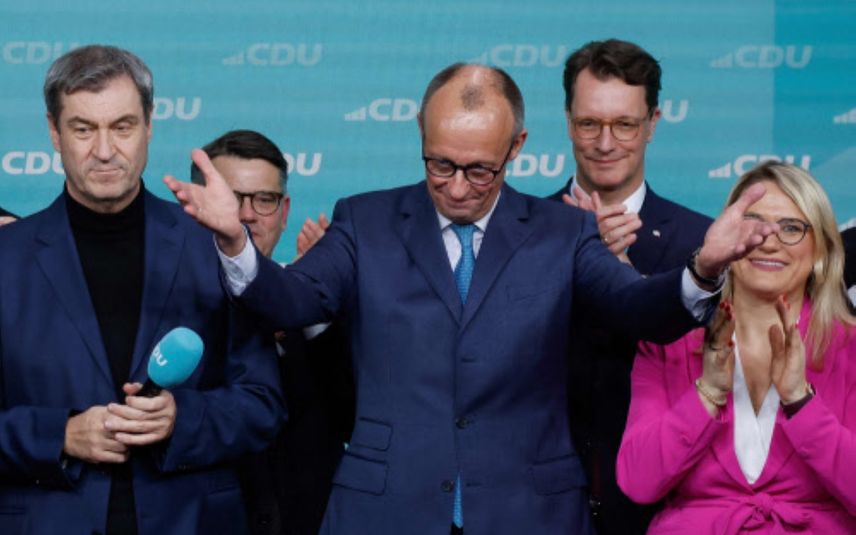
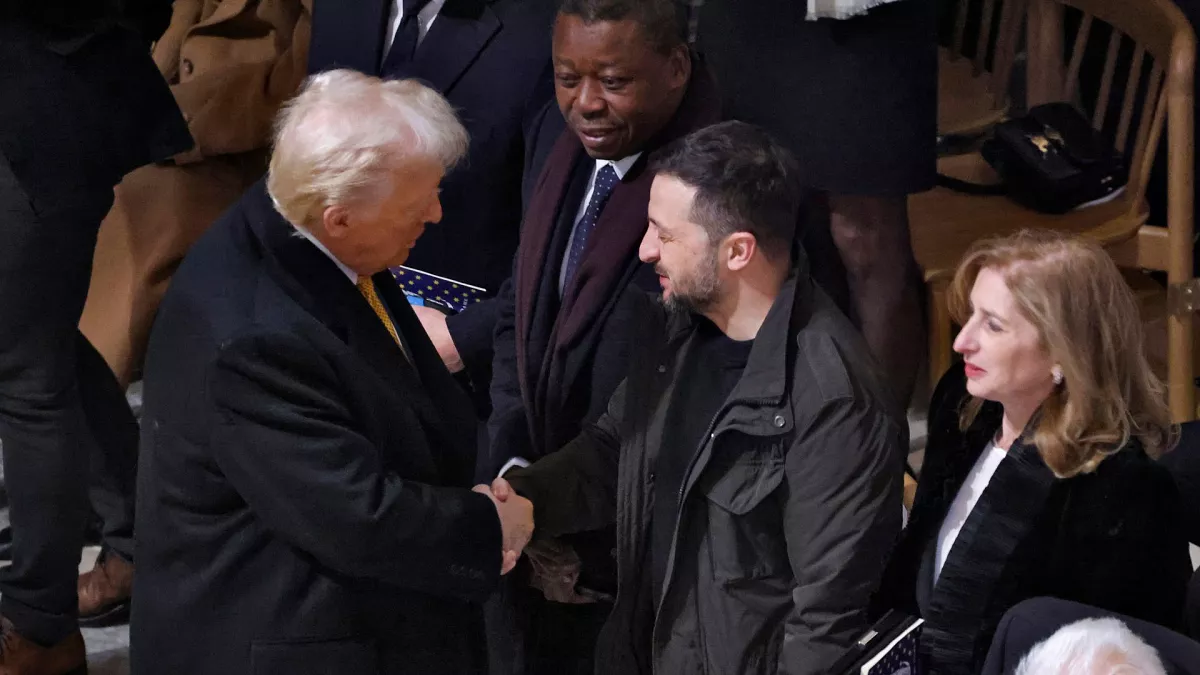
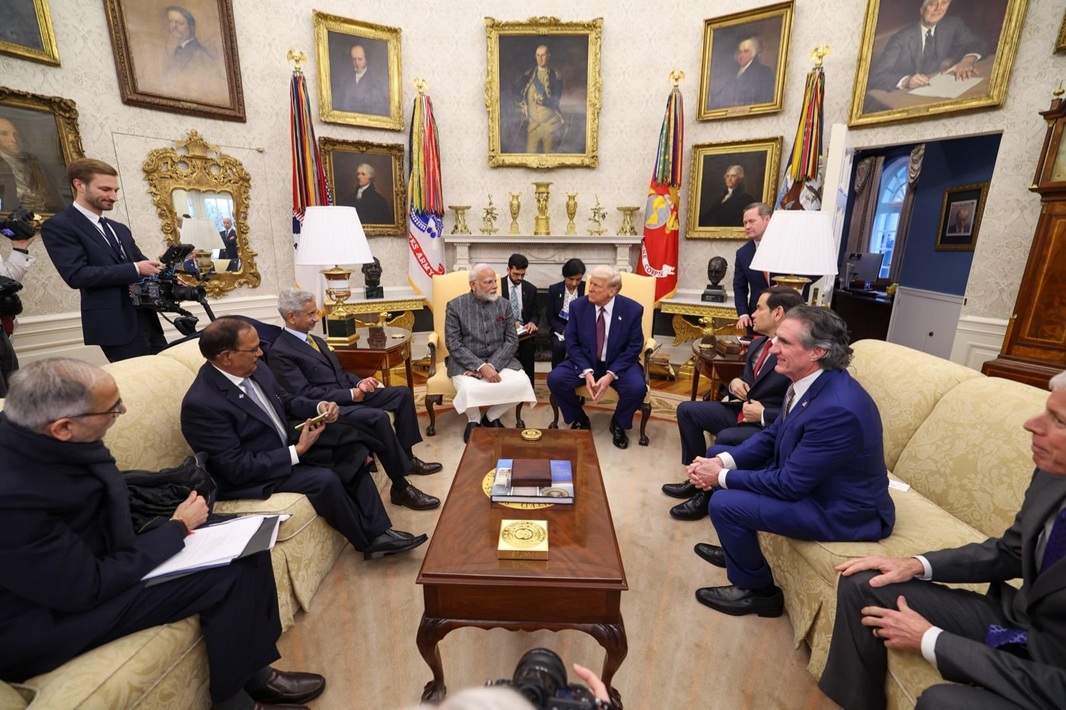




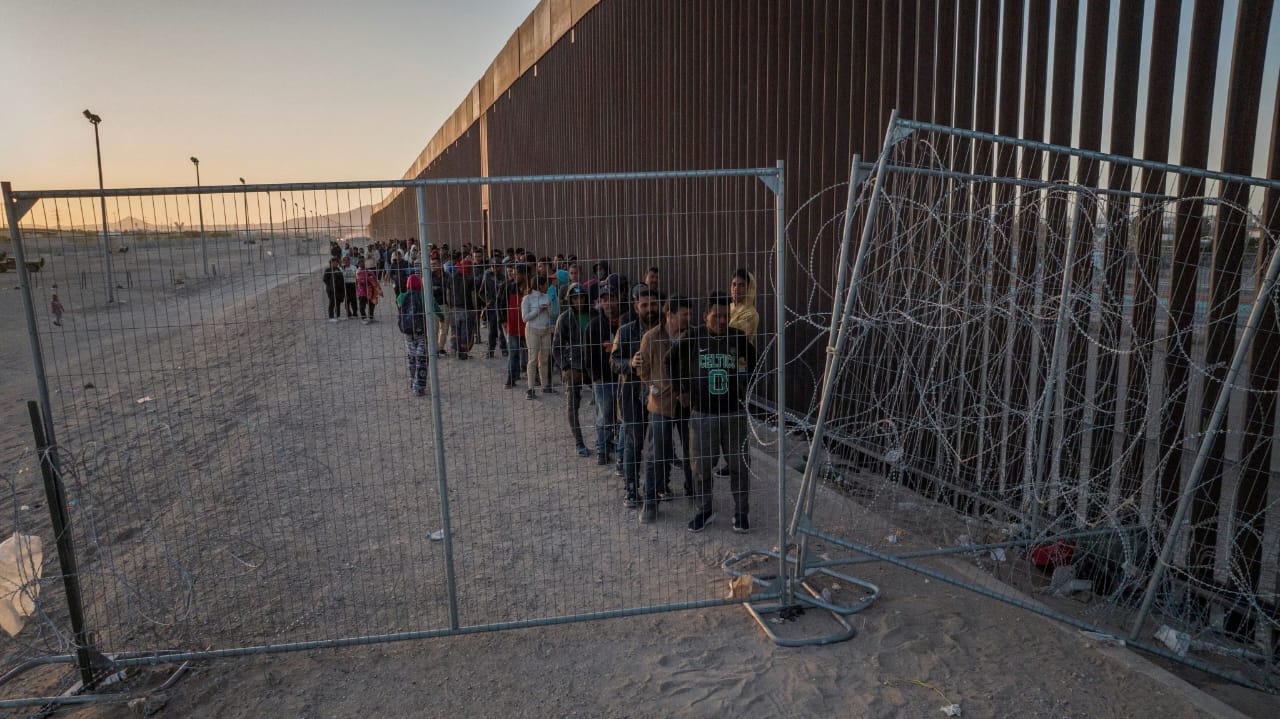


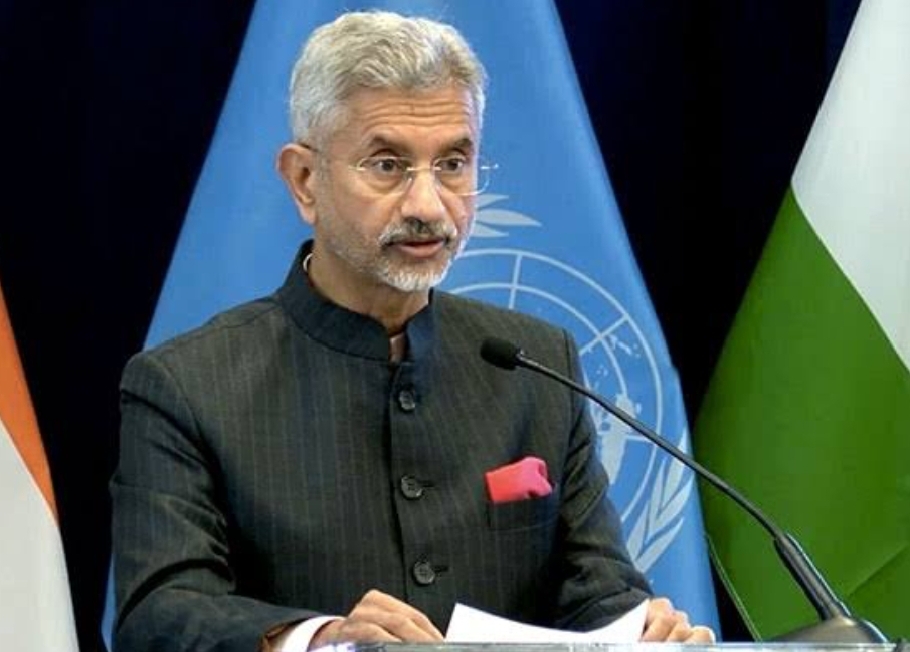

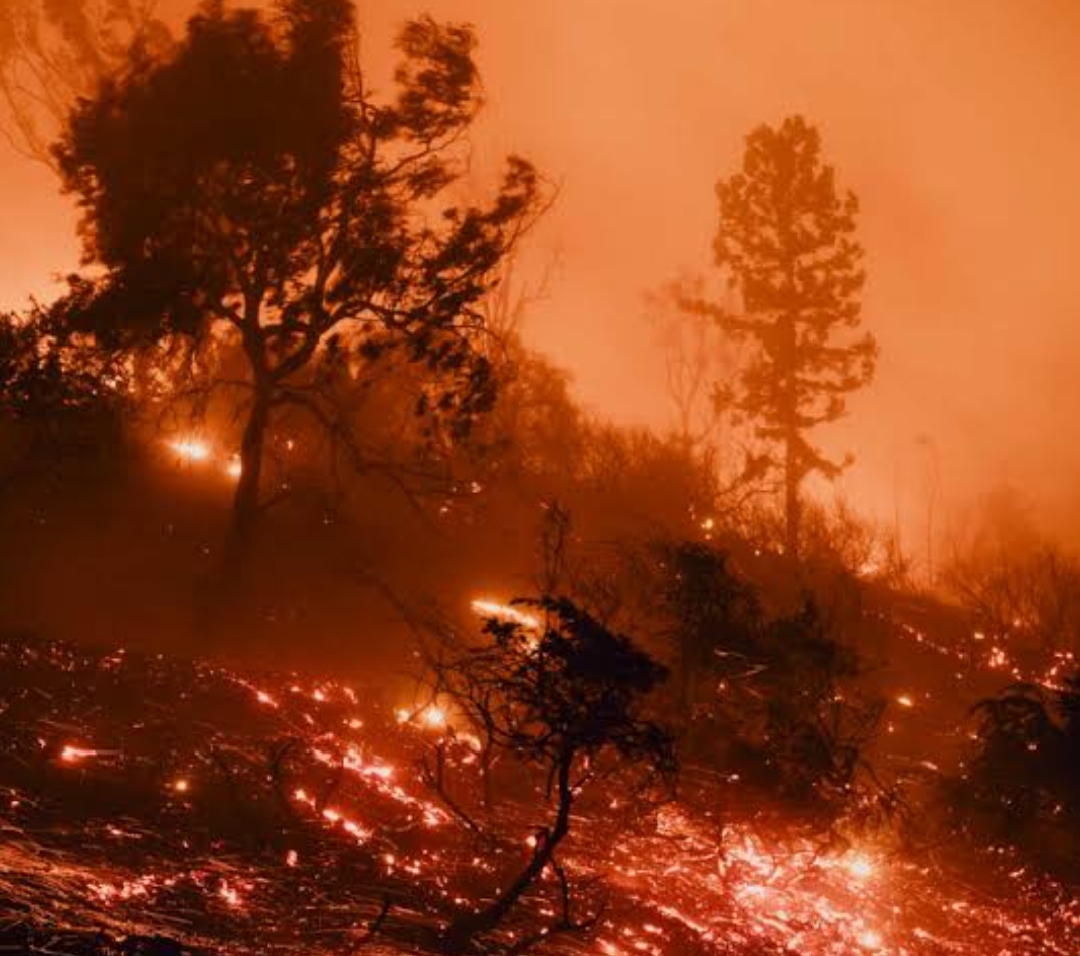

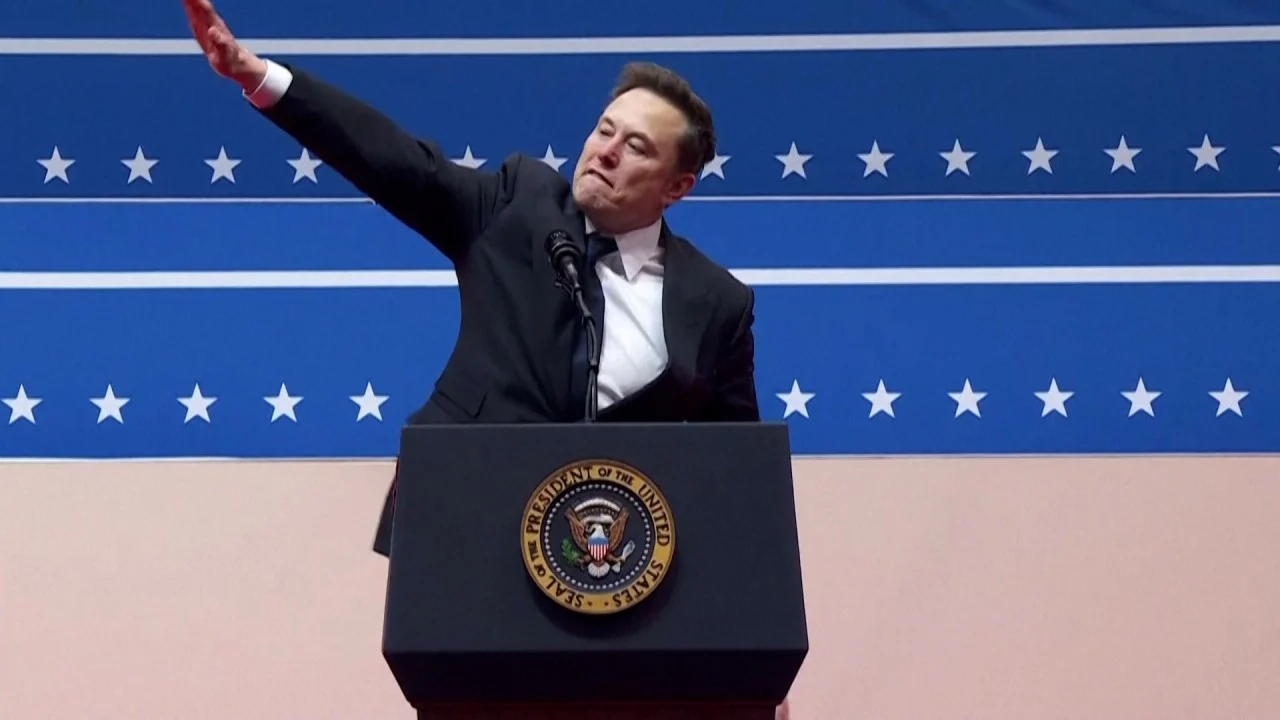


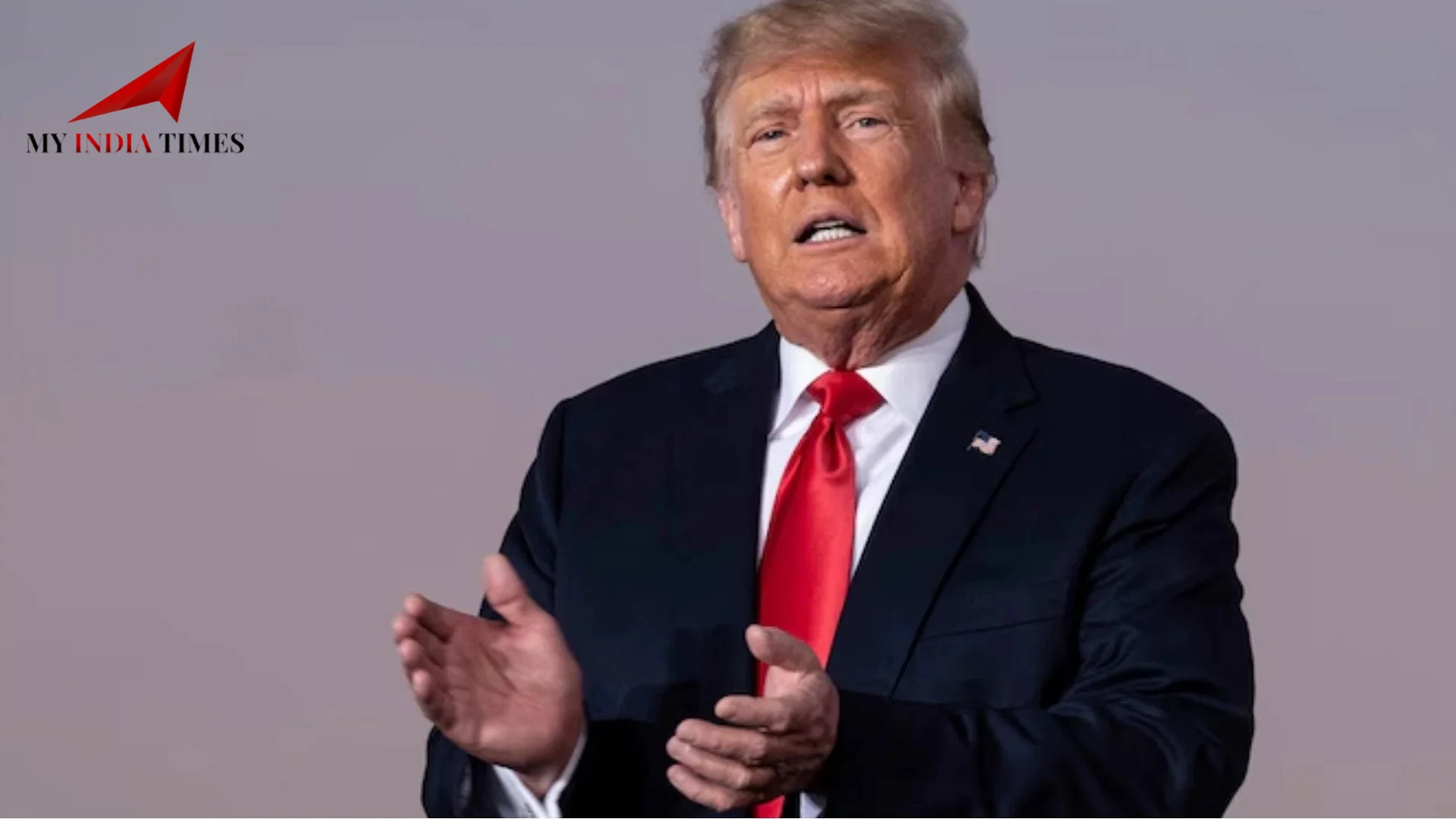


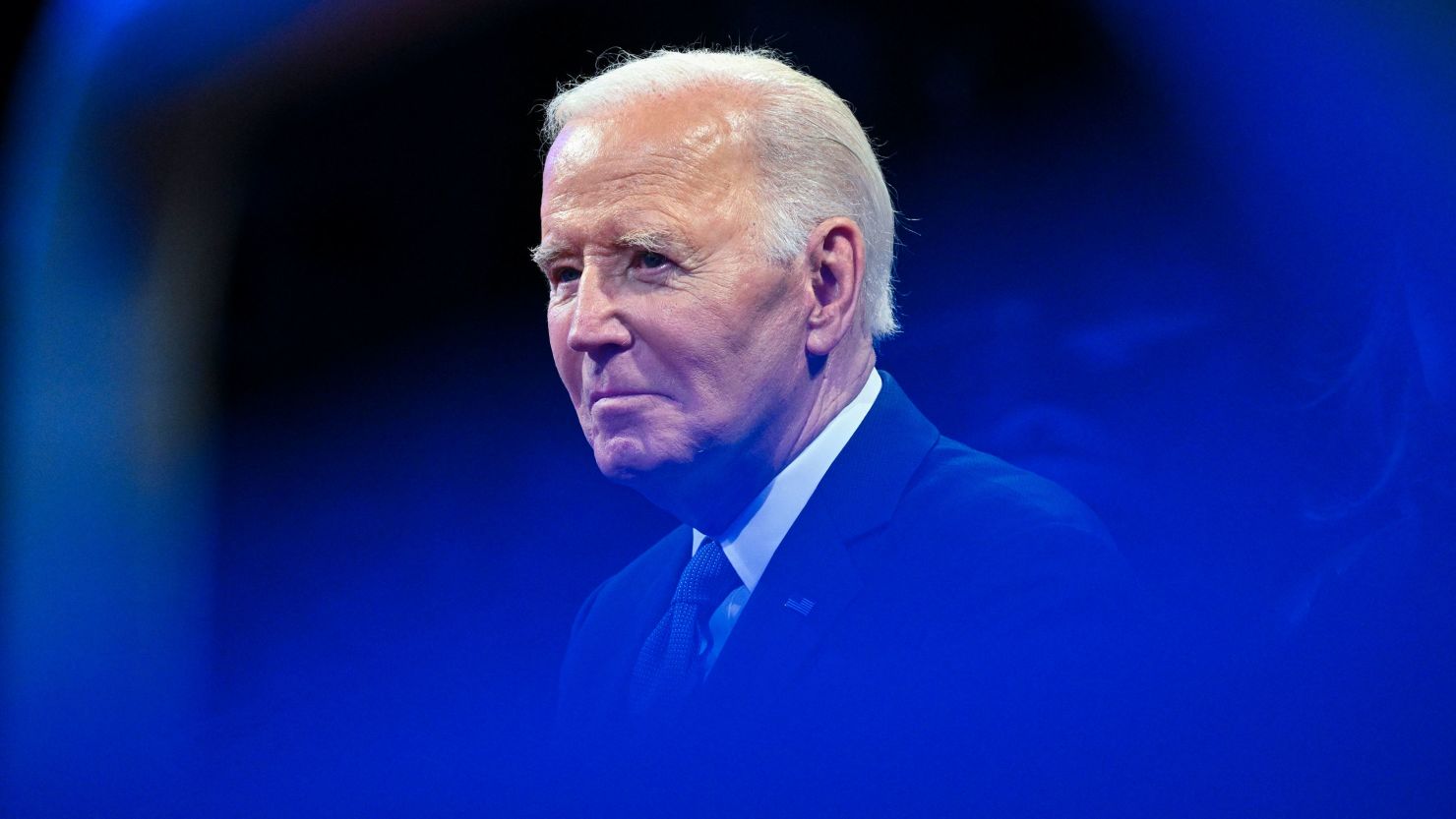
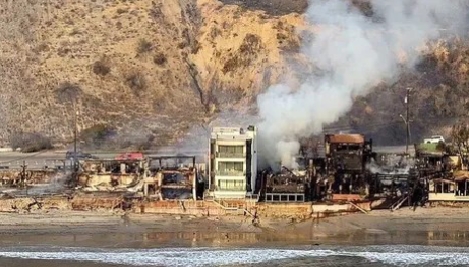

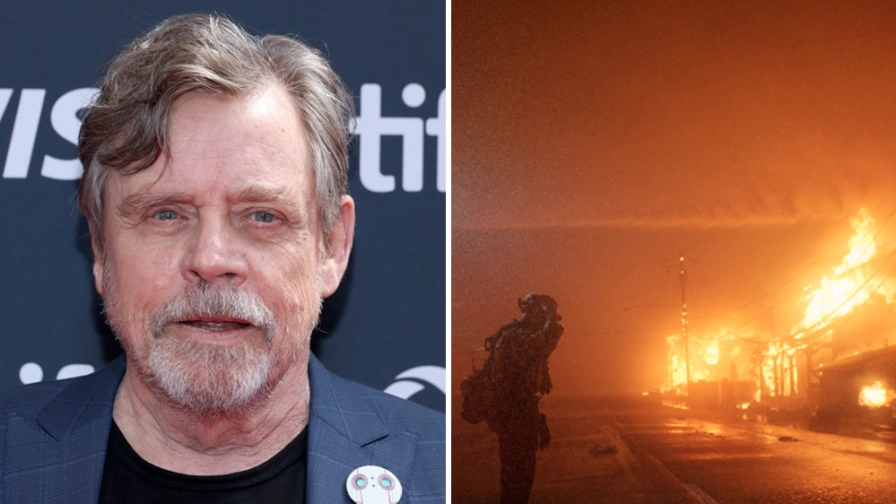



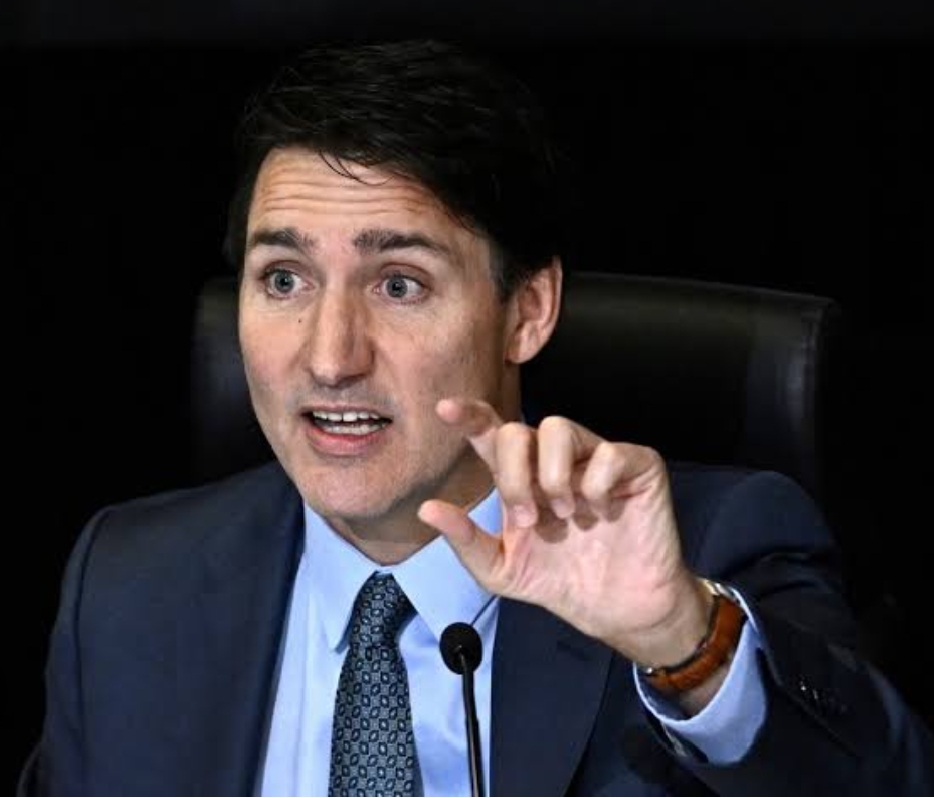
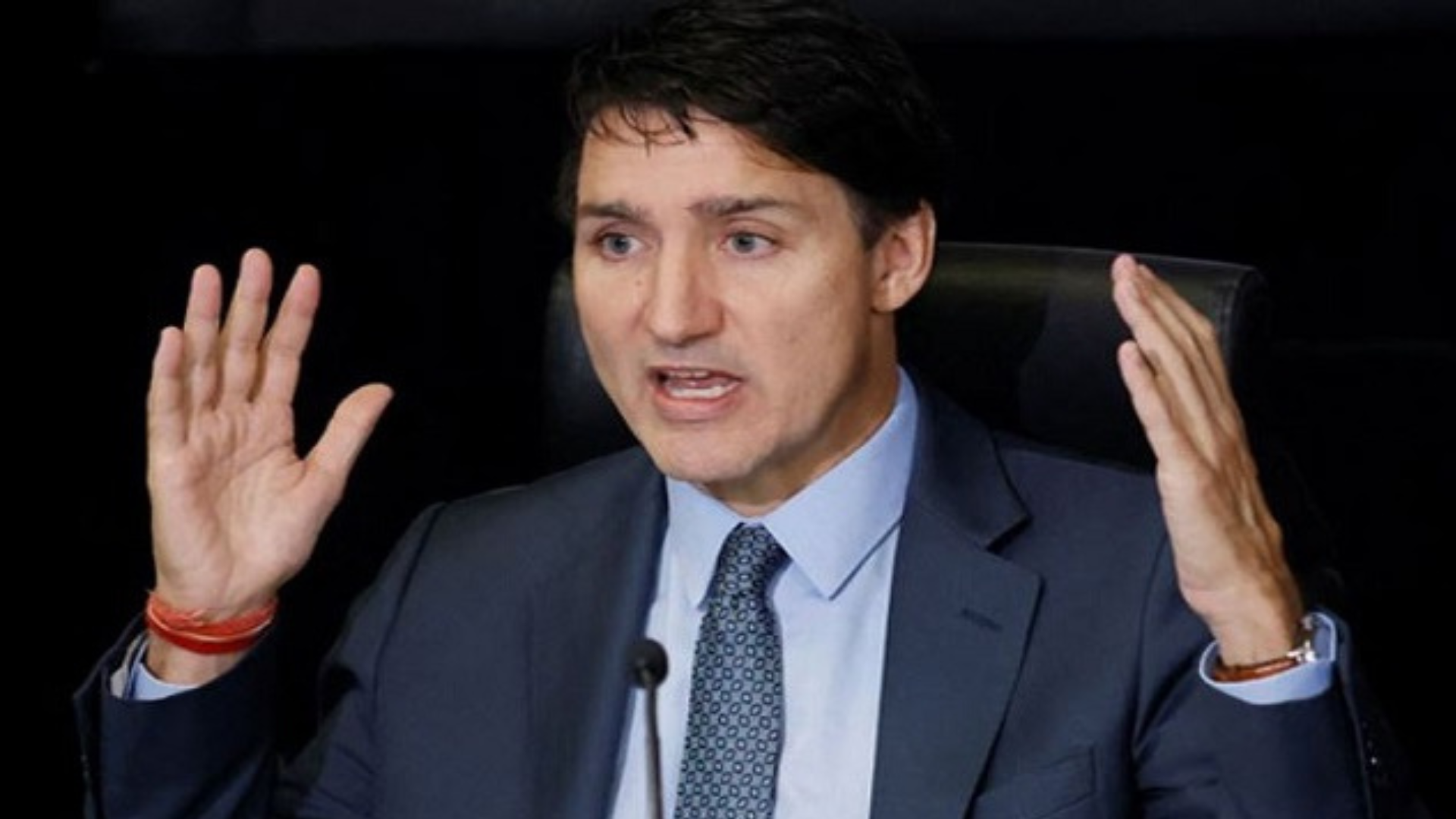



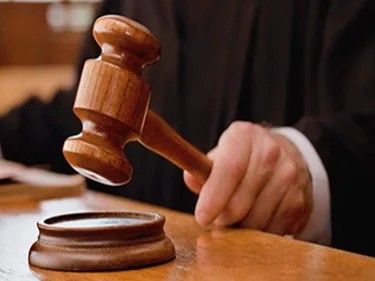
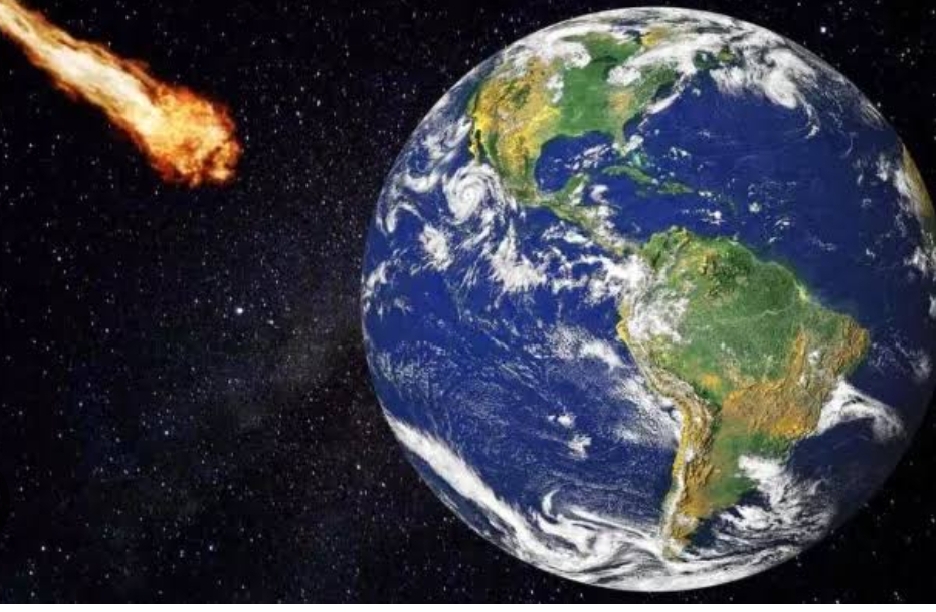






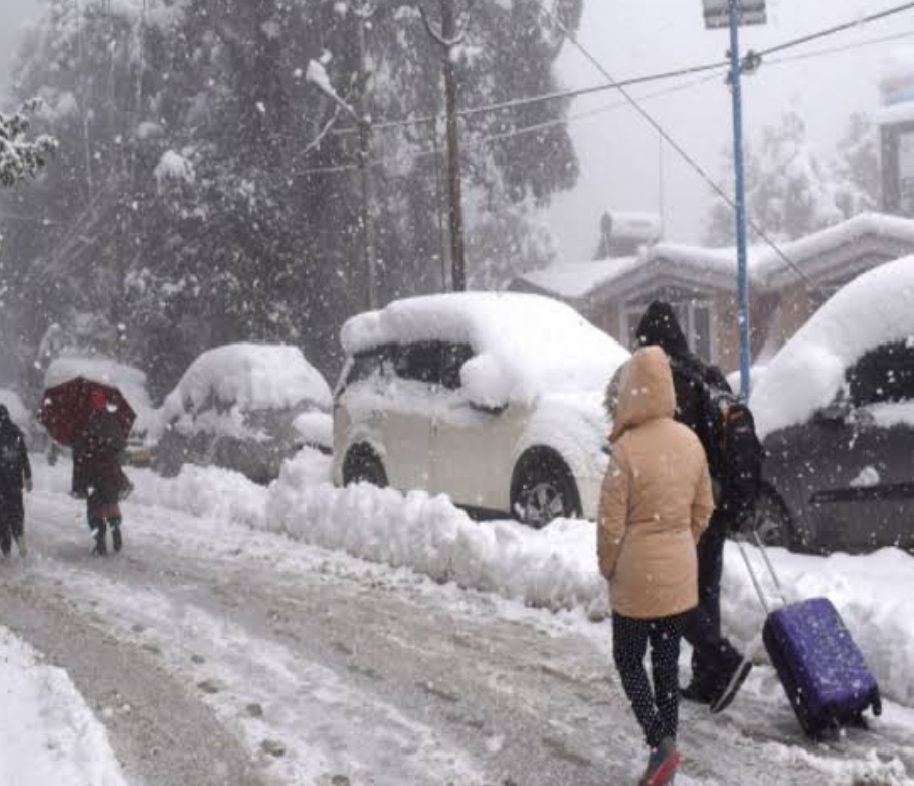







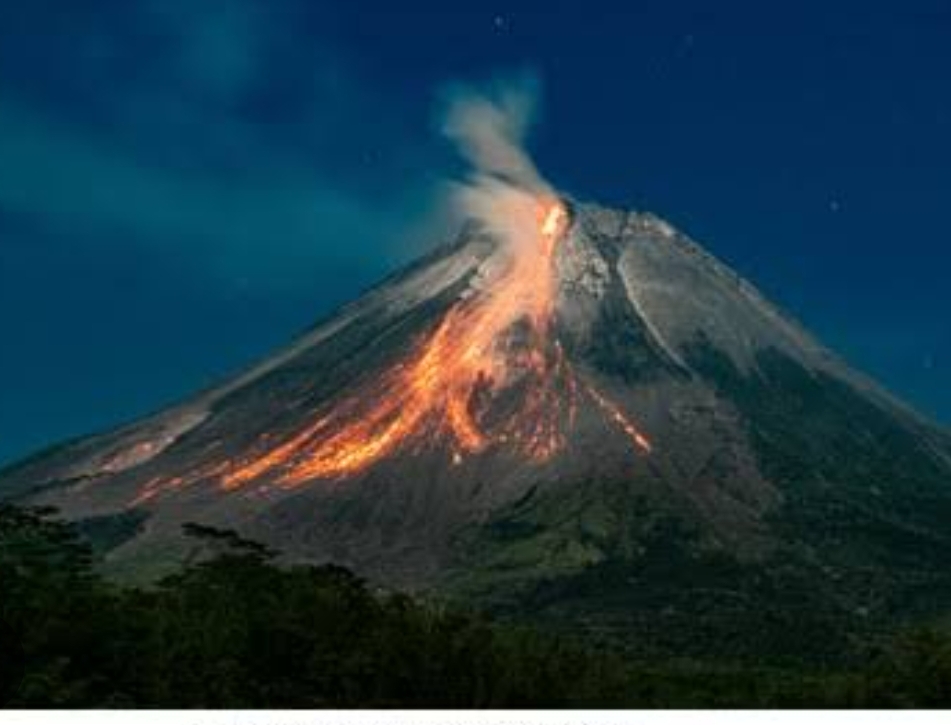



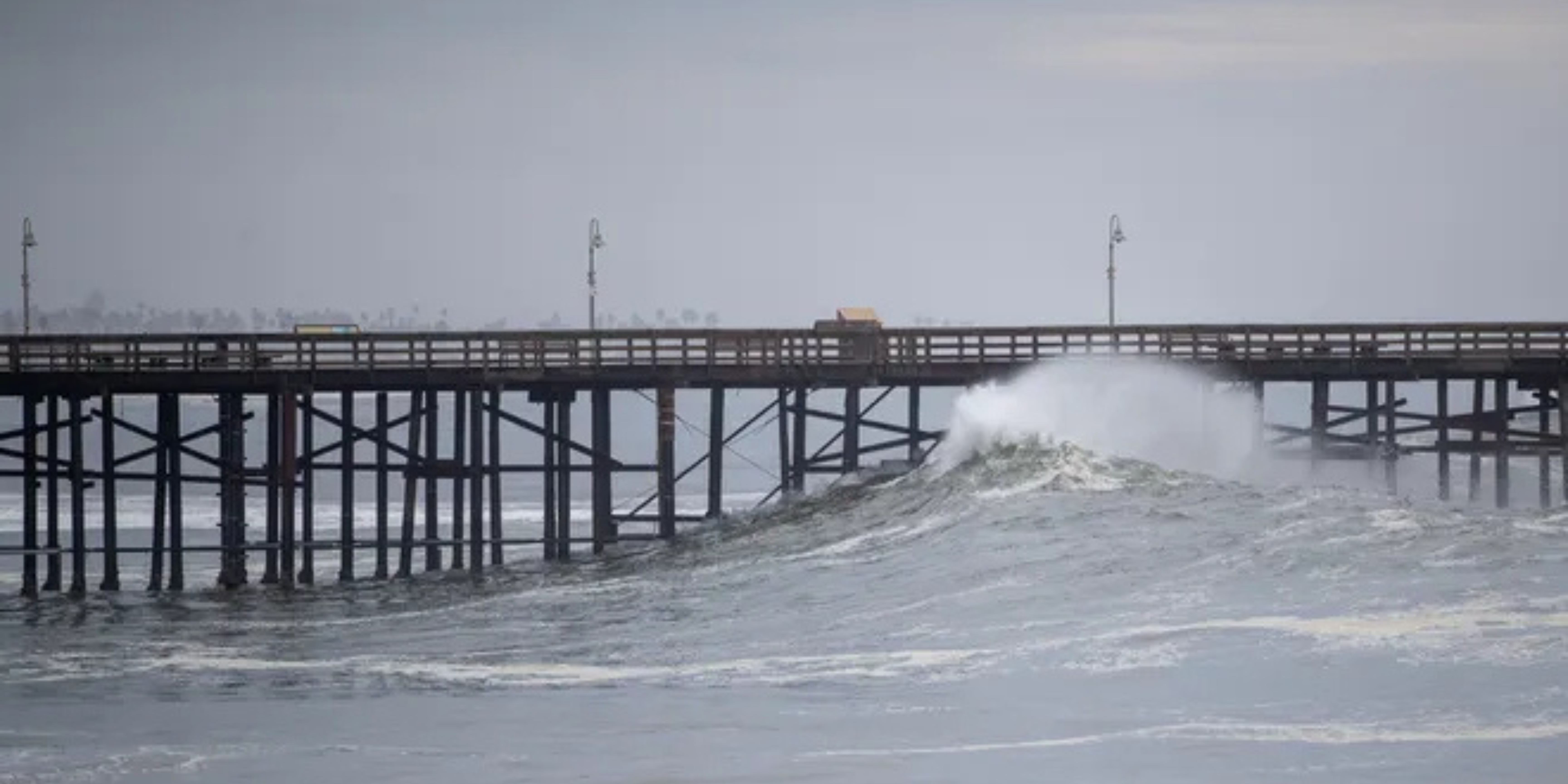
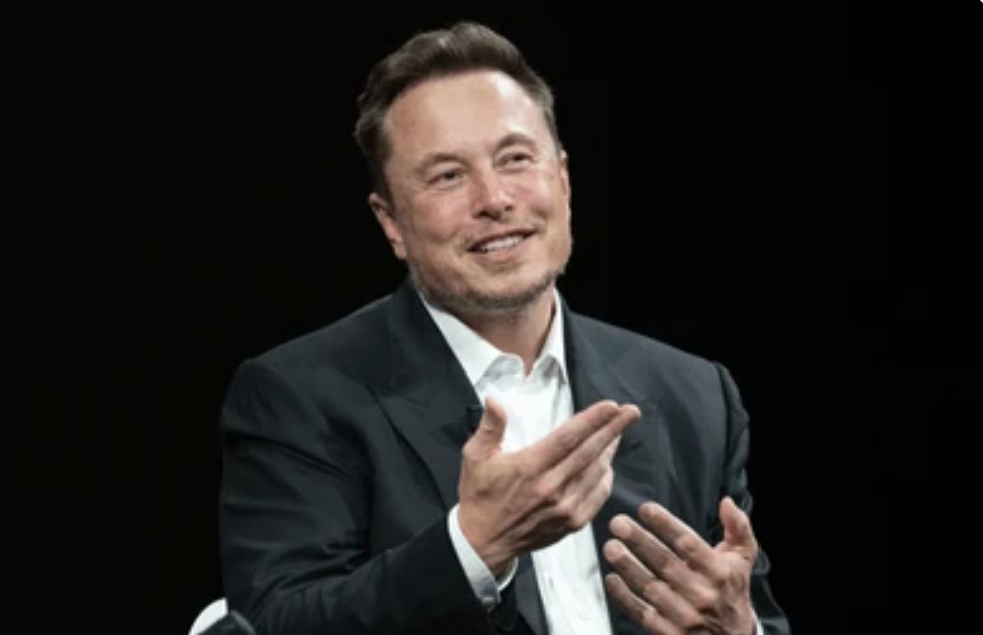




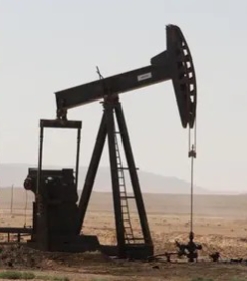

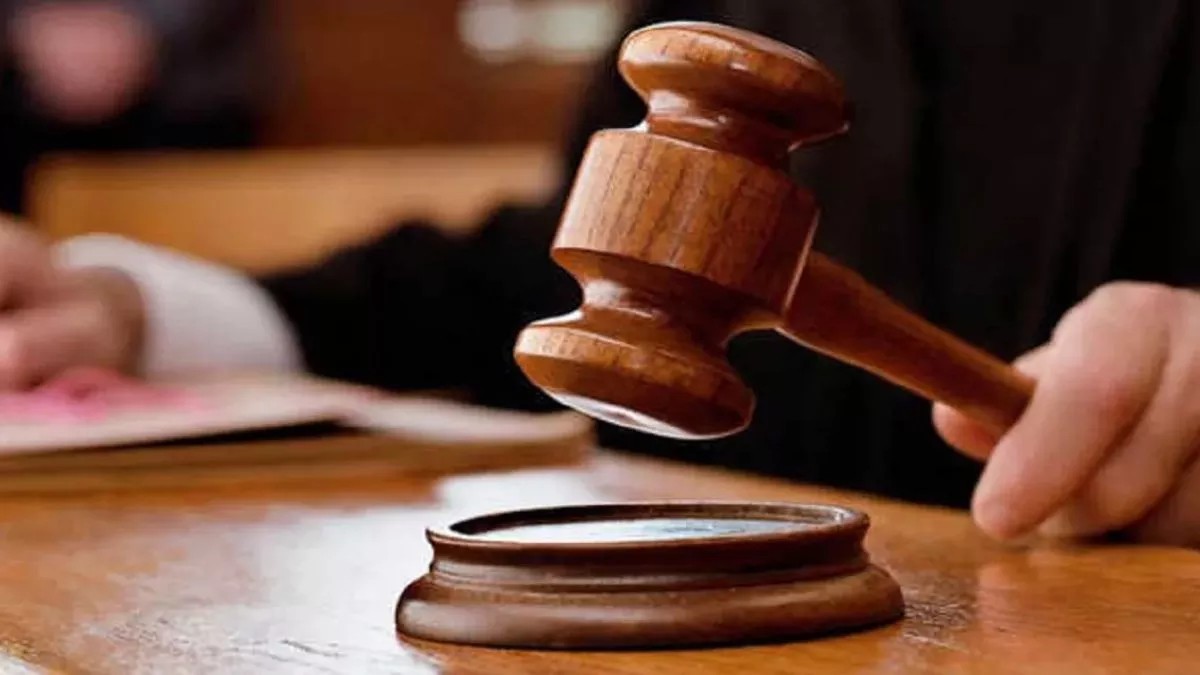



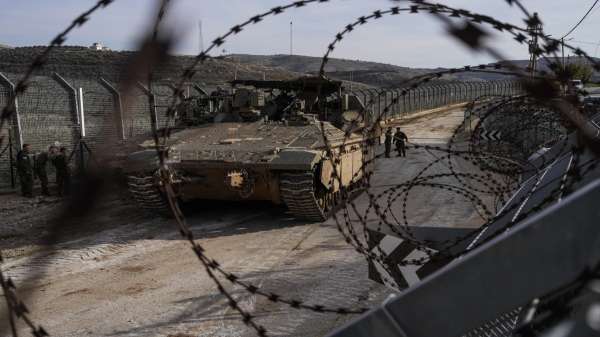
.png)
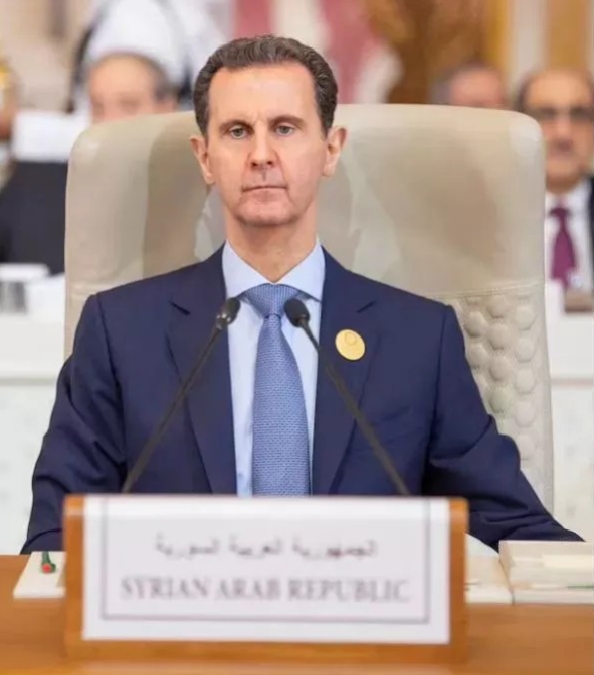
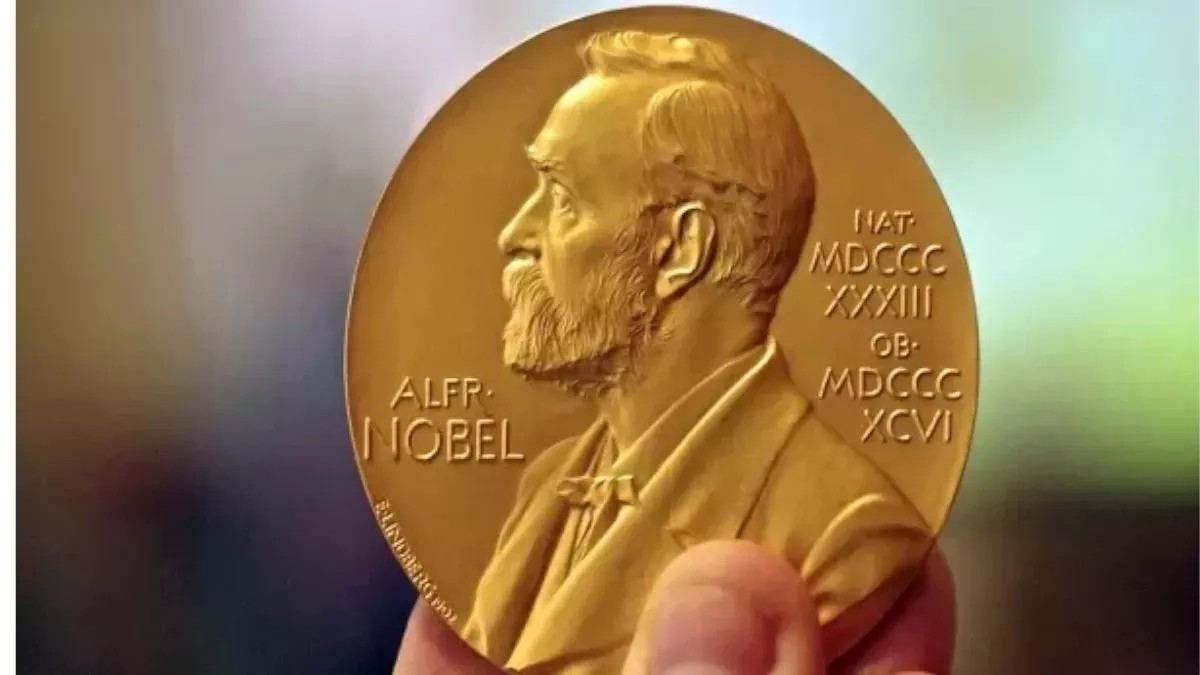
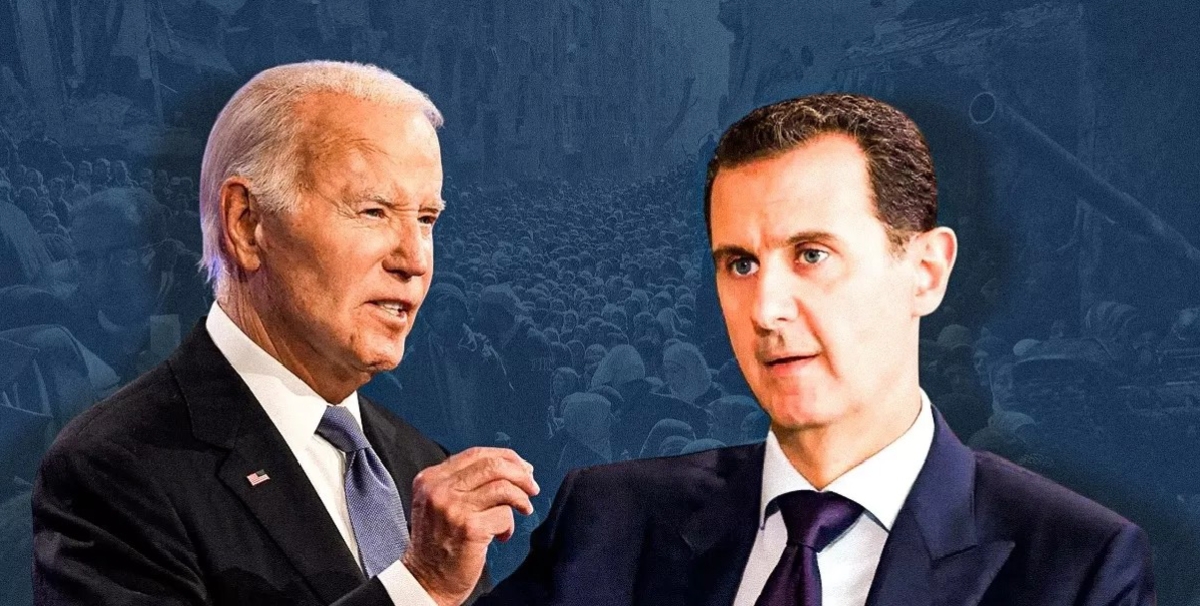





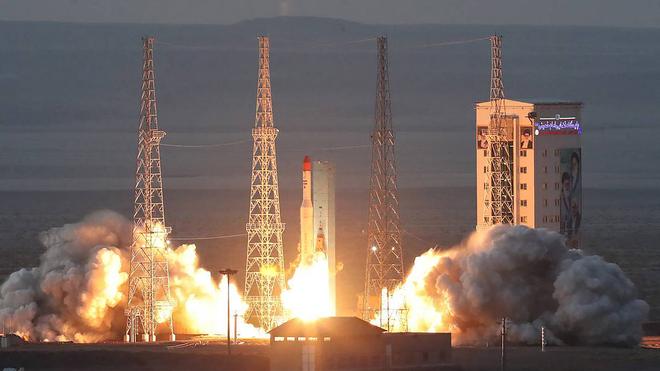
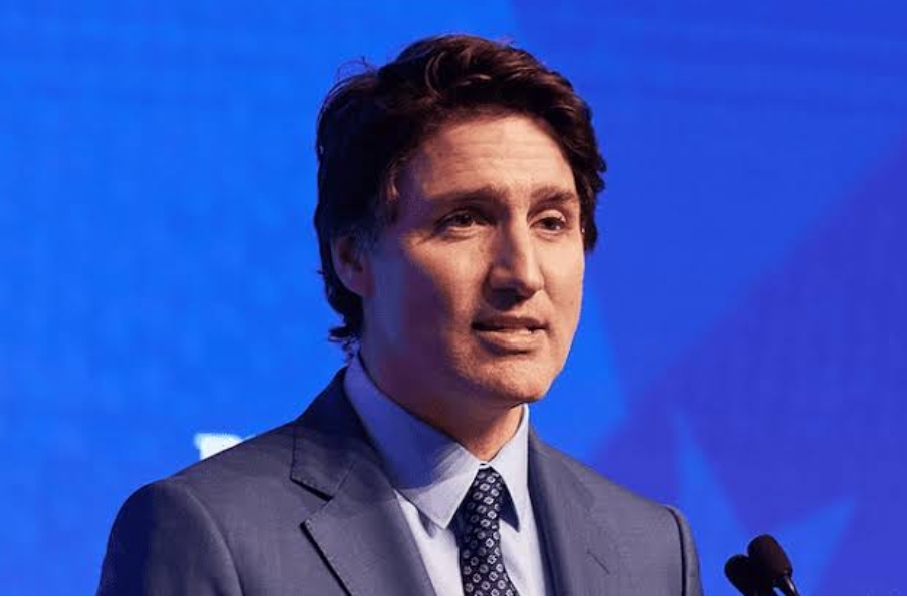
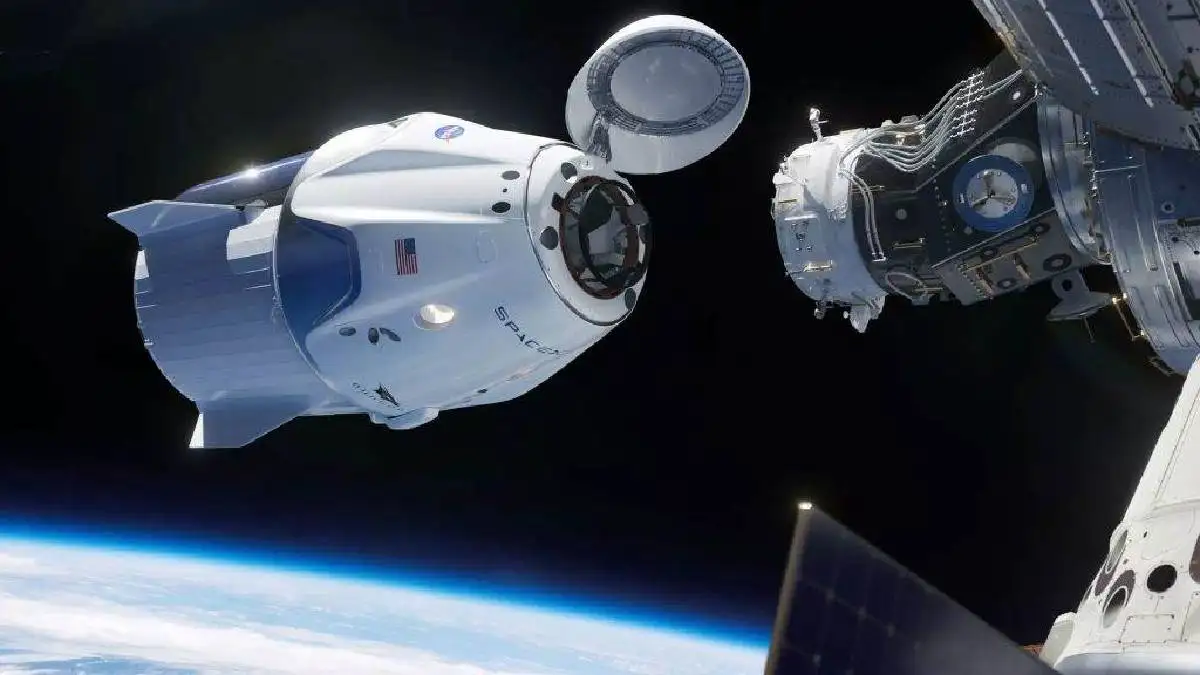

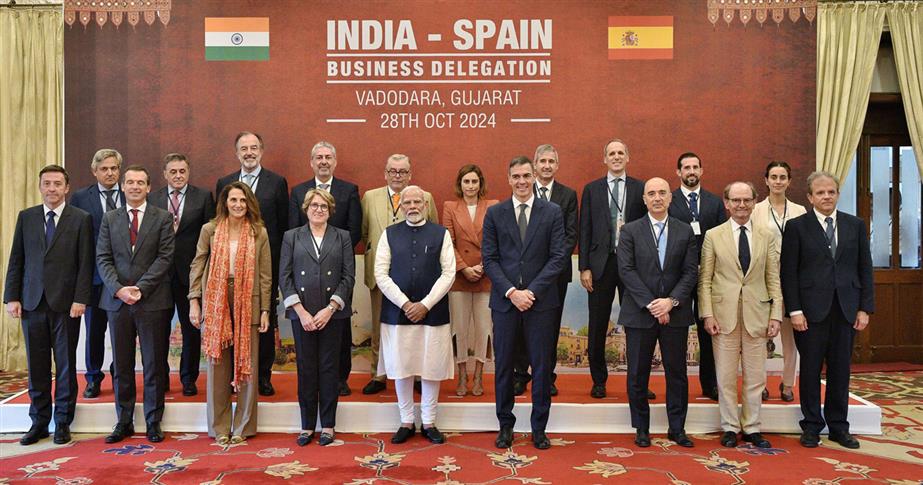
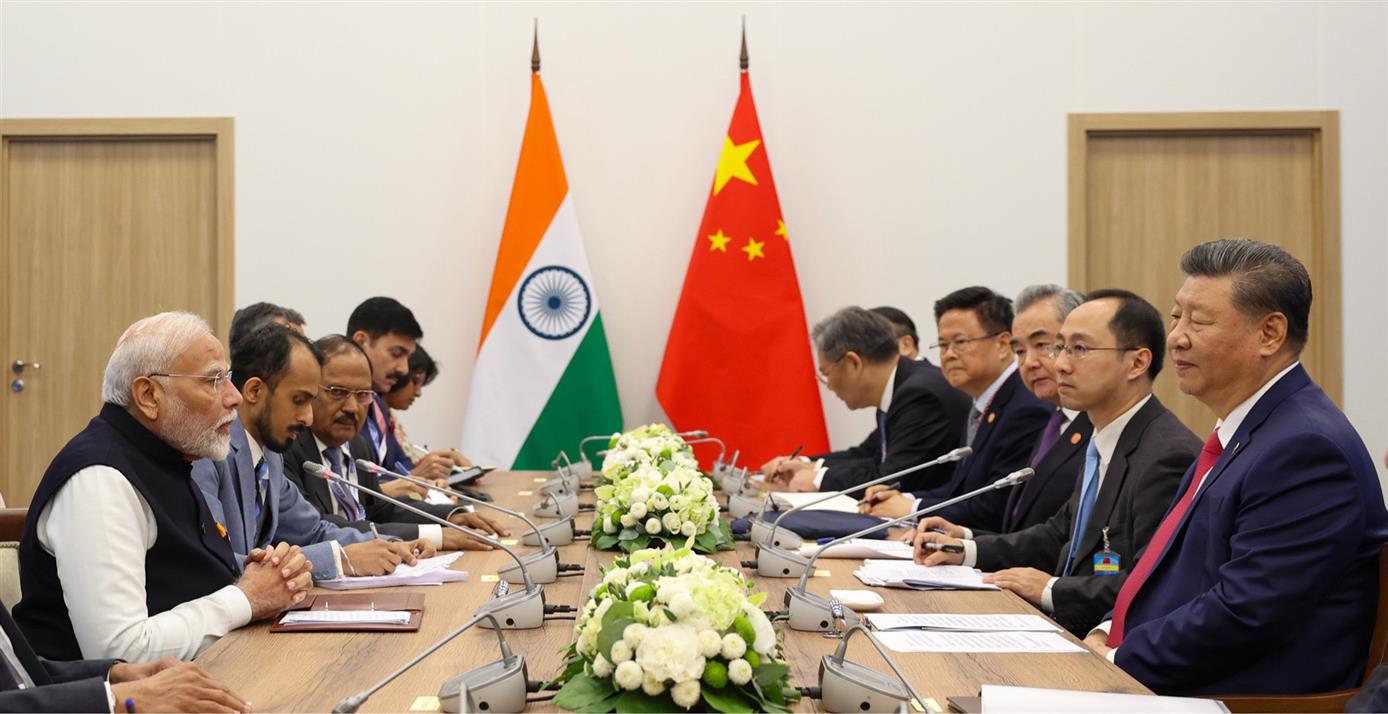
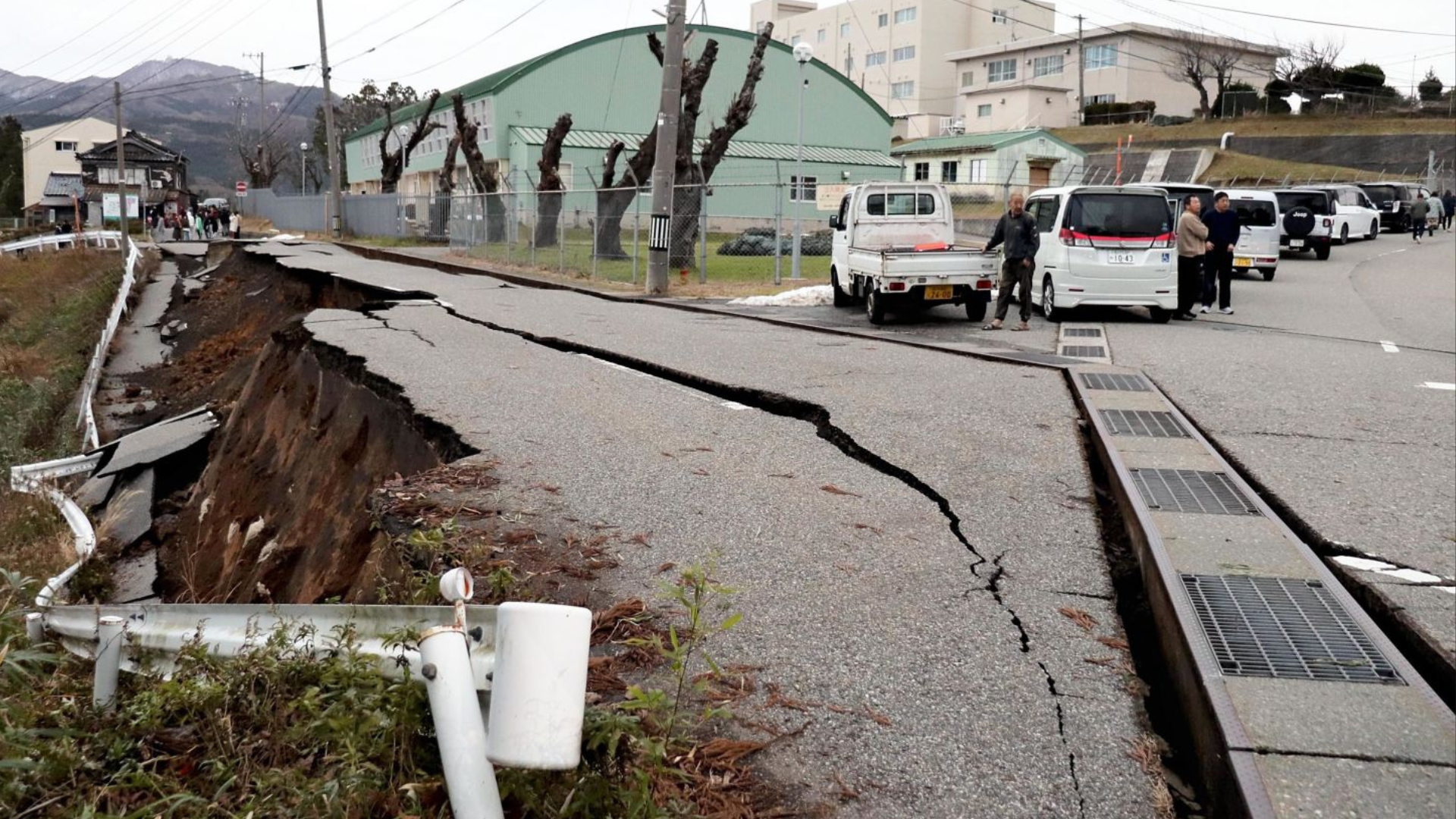

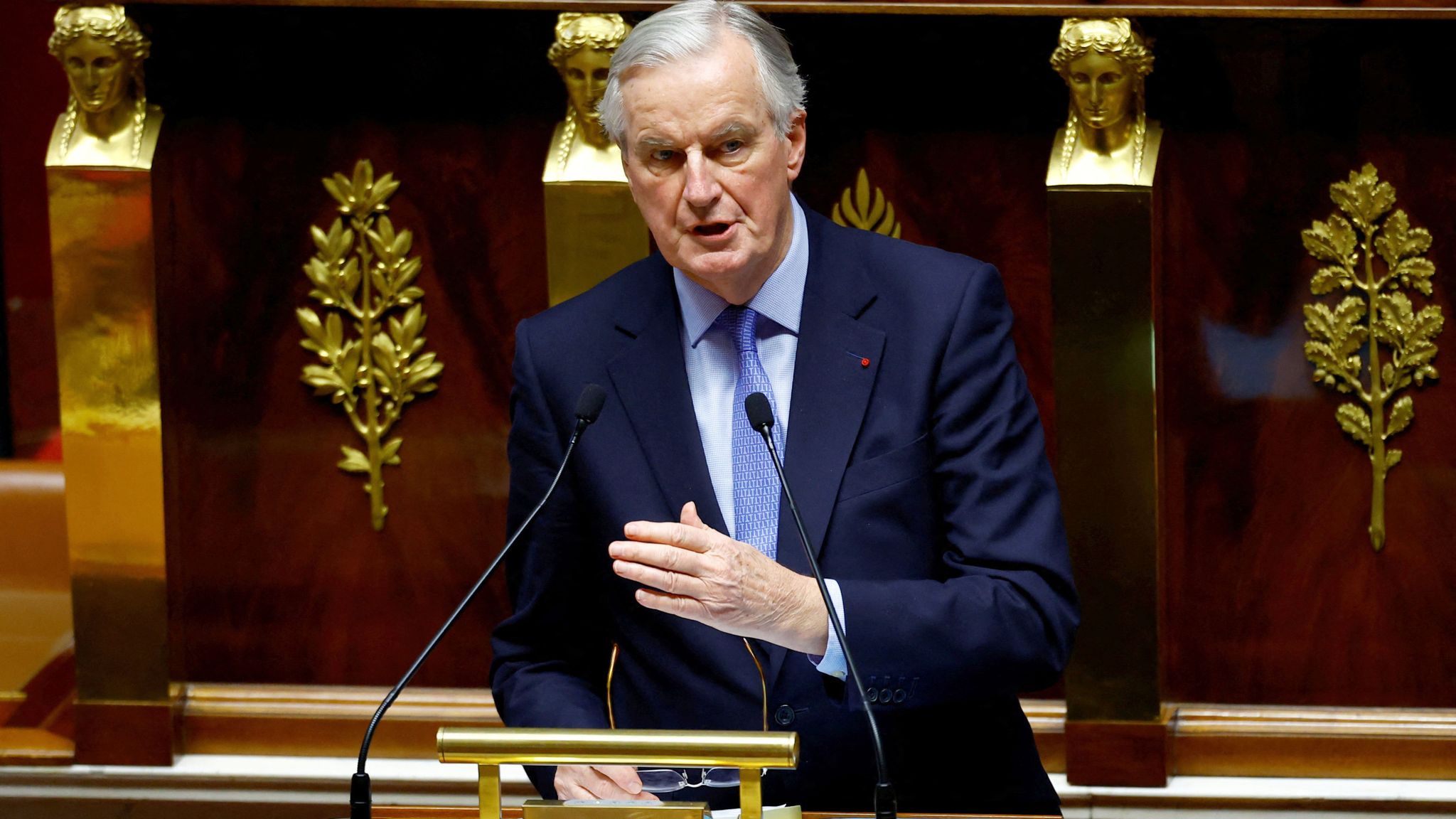

.png)

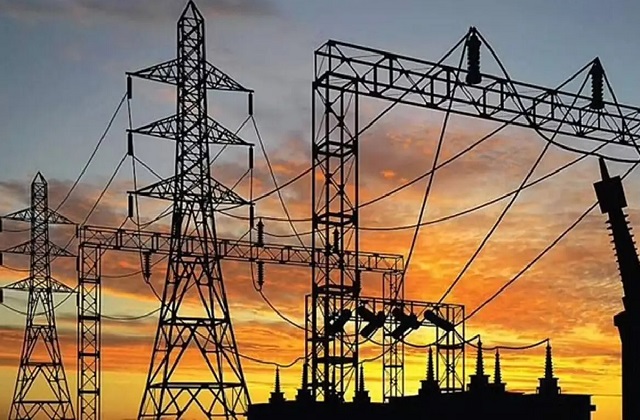
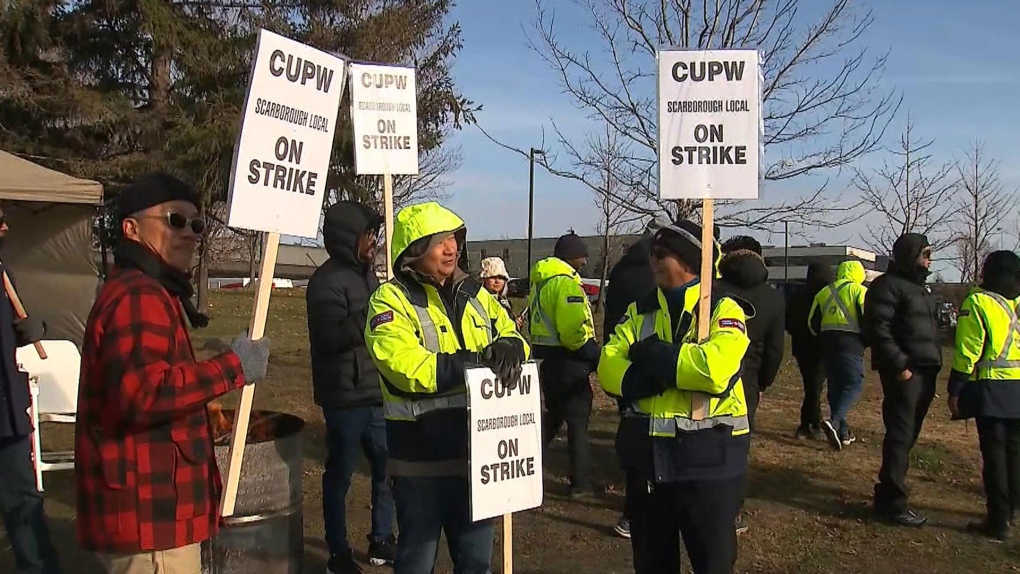


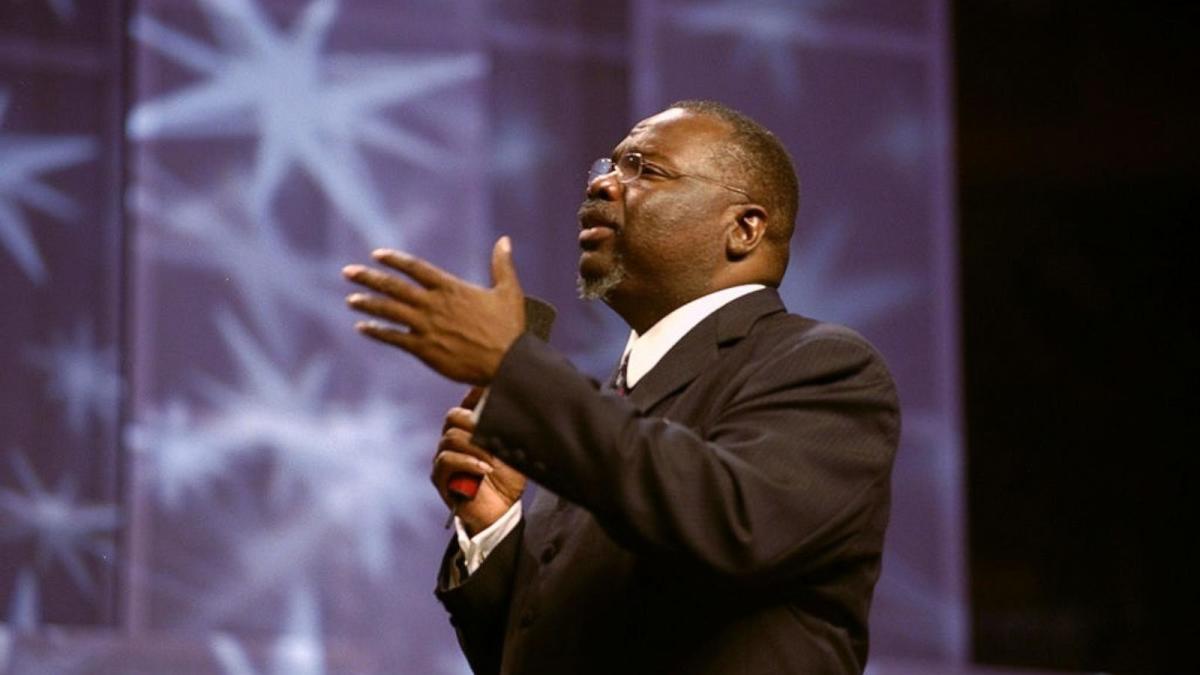

.jfif)


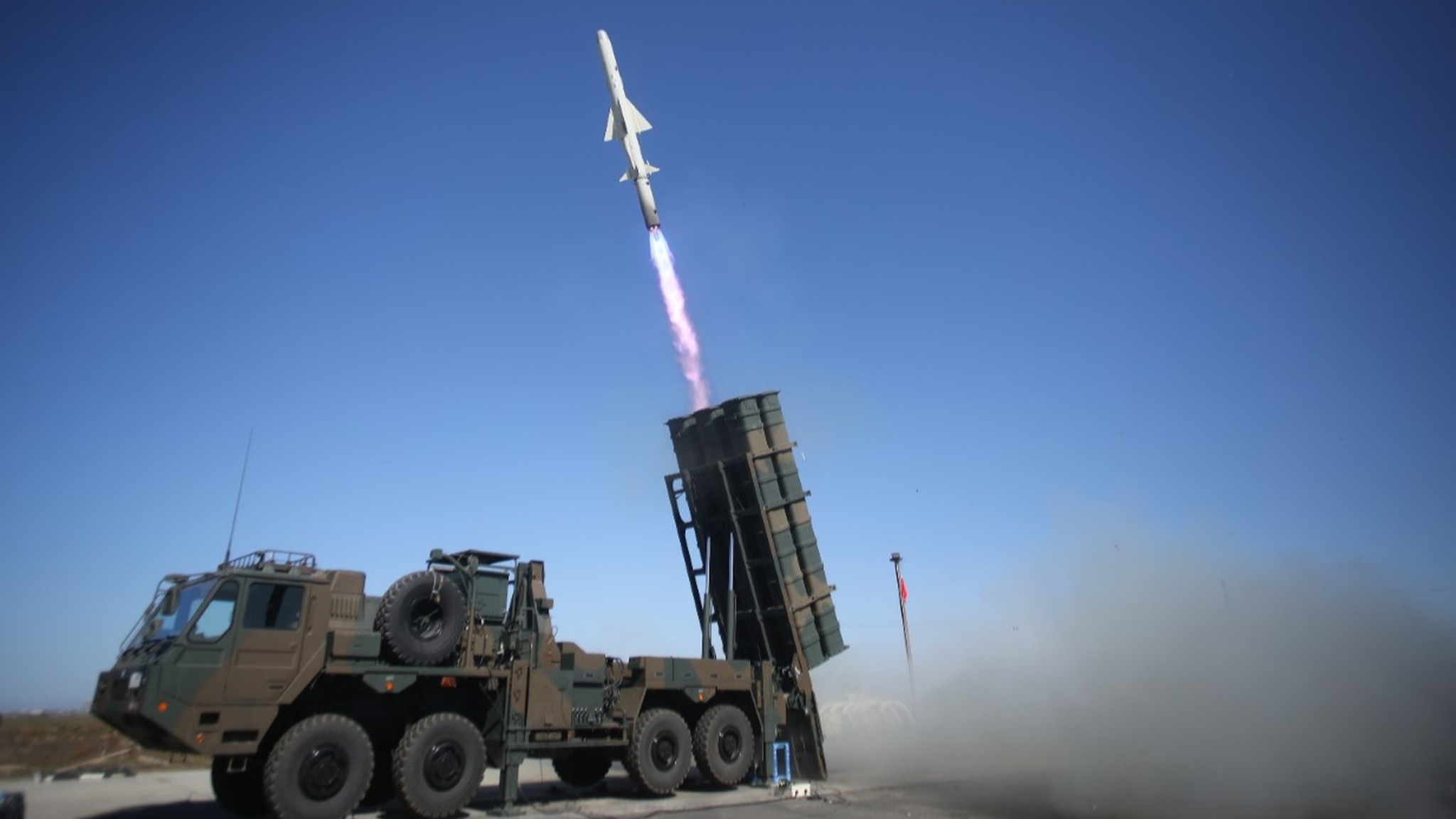




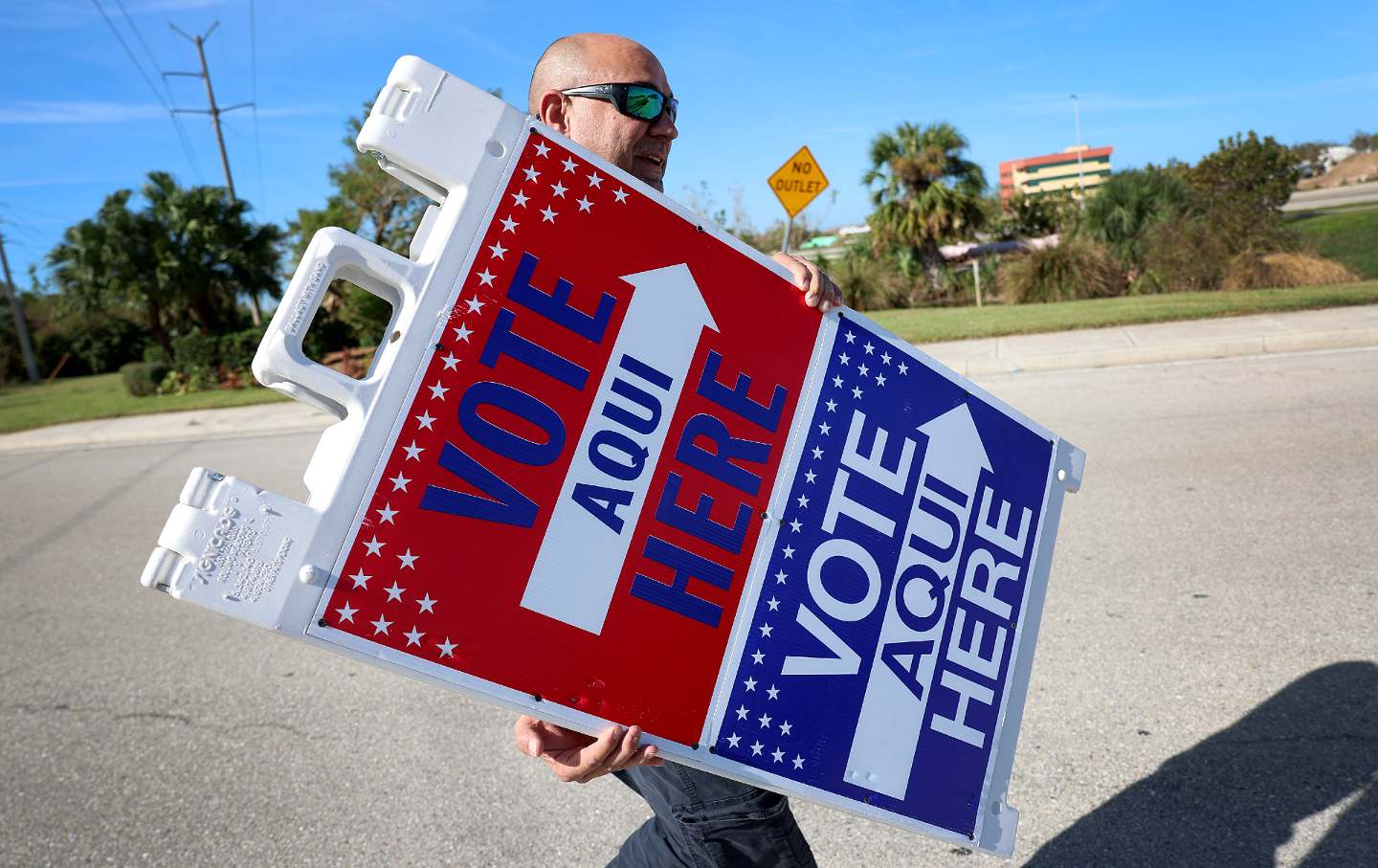


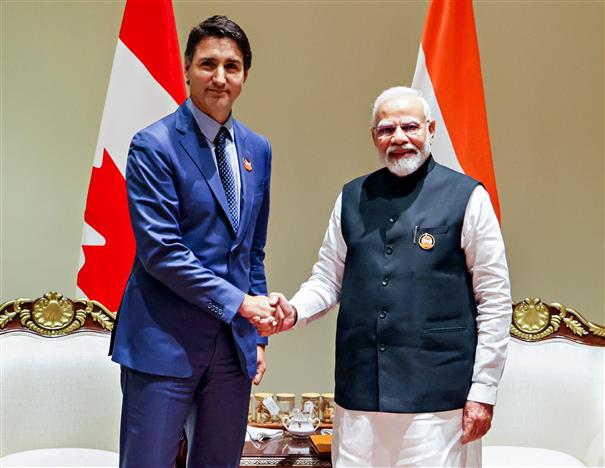




























































































.png)
 (1).png)























